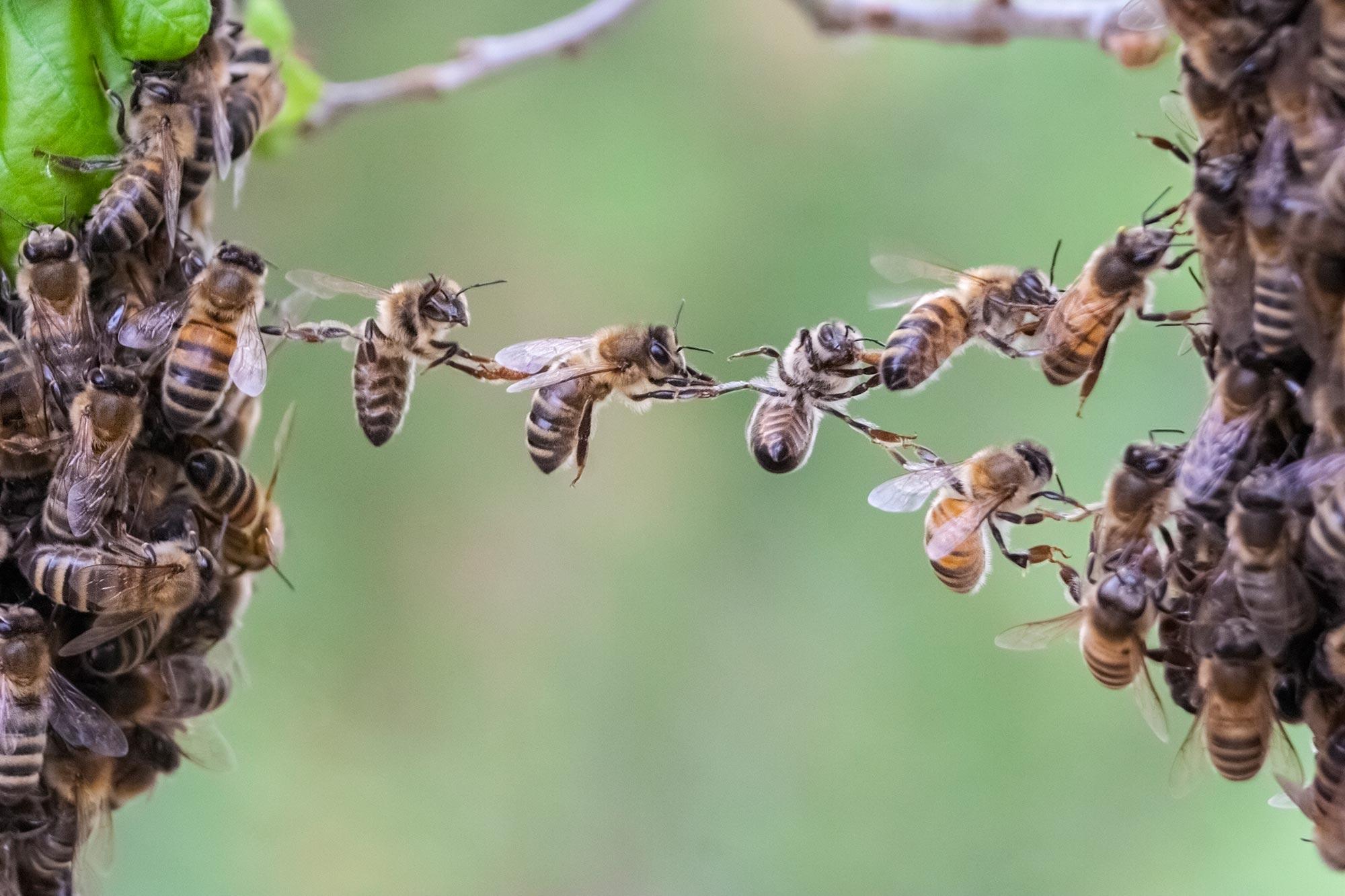SCIEX: 13 grants awarded to bring promising Bulgarian researchers to Switzerland

SCIEX: CO2 conversion, healthy goat milk yoghurt or the process of autocratisation. The SNSF has awarded grants to 13 Bulgarian early-career researchers to collaboratively further excellence in European science.
The SNSF has selected the 13 Bulgarian early-career researchers who will be awarded the opportunity to collaboratively further excellence in European science. A recurrent concern for the future and for the environment is reflected in their projects, the topics of which range from CO2 conversion to healthier yoghurts to the process of autocratisation in democracies. A total of 2.14 million Swiss francs has been allocated to funding these projects. Of the 22 submitted proposals, six were in the social sciences and humanities, nine were in the MINT disciplines (mathematics, informatics, natural sciences and technology), and seven were in the life sciences.
Autocratisation versus democratic resilience – a product of lawmakers’ choices or law-making processes?
At a time of widespread democratic backsliding, the legislative branch of government can be either a driver of autocratisation or a major nexus of resistance to it. Venelin Bochev, a postdoctoral researcher with international experience, will be studying countries comparatively to understand what makes legislatures end up on one side or the other. While, at the national level, the focus is often on the individual choices of parliament members, Bochev aims to go further and describe the influence of law-making processes on this ever more consequential aspect of societal evolutions.
A fruity yoghurt a day keeps the doctor away
When microplastics and eternal pollutants have become part of the modern human body, we could all benefit from a little more focus on prevention. Mariya Lazarova, a PhD student from Trakia University, will seek to do just that in her latest project. She will bring together the extensive Bulgarian and Swiss expertise in dairy product research to create and test a functional fermented product made of goat milk and fruit juice. This may one day be part of an array of tools to keep us healthier longer without requiring a doctor’s visit – if it’s tasty too, who’s to complain?
Upcycling CO2 into valuable materials using lightning
Especially in summer, talking about CO2 and white-hot plasma may make you reach instinctively for a glass of ice-cold water. However, what if the power of the beautiful lightning bolts that accompany refreshing summer storms could help make the future less dreadfully hot? This is the aim of Svetlana Lazarova’s project at EMPA. The doctoral student from Sofia University will work on transforming CO2 from a climate pollutant into useful building blocks for industry. This could simultaneously decarbonize energy-intensive industrial processes and create sustainable products from this greenhouse gas. Quite spectacularly, she will use a reactor that creates the “fourth state of matter”, also known as plasma, the substance within lightning bolts and the sun.
Second Swiss contribution
SCIEX is one of the three funding programmes offered by the SNSF as part of the second Swiss contribution to selected EU member states. The mandate for the implementation of SCIEX was given by the Swiss Agency for Development and Cooperation (SDC) and is co-financed by the Bulgarian Ministry of Education and Science.
The main objectives of SCIEX are to further scientific knowledge and development, to improve and deepen the grantees’ scientific skills, and to foster research collaborations and strengthen scientific networking between Switzerland and Bulgaria.